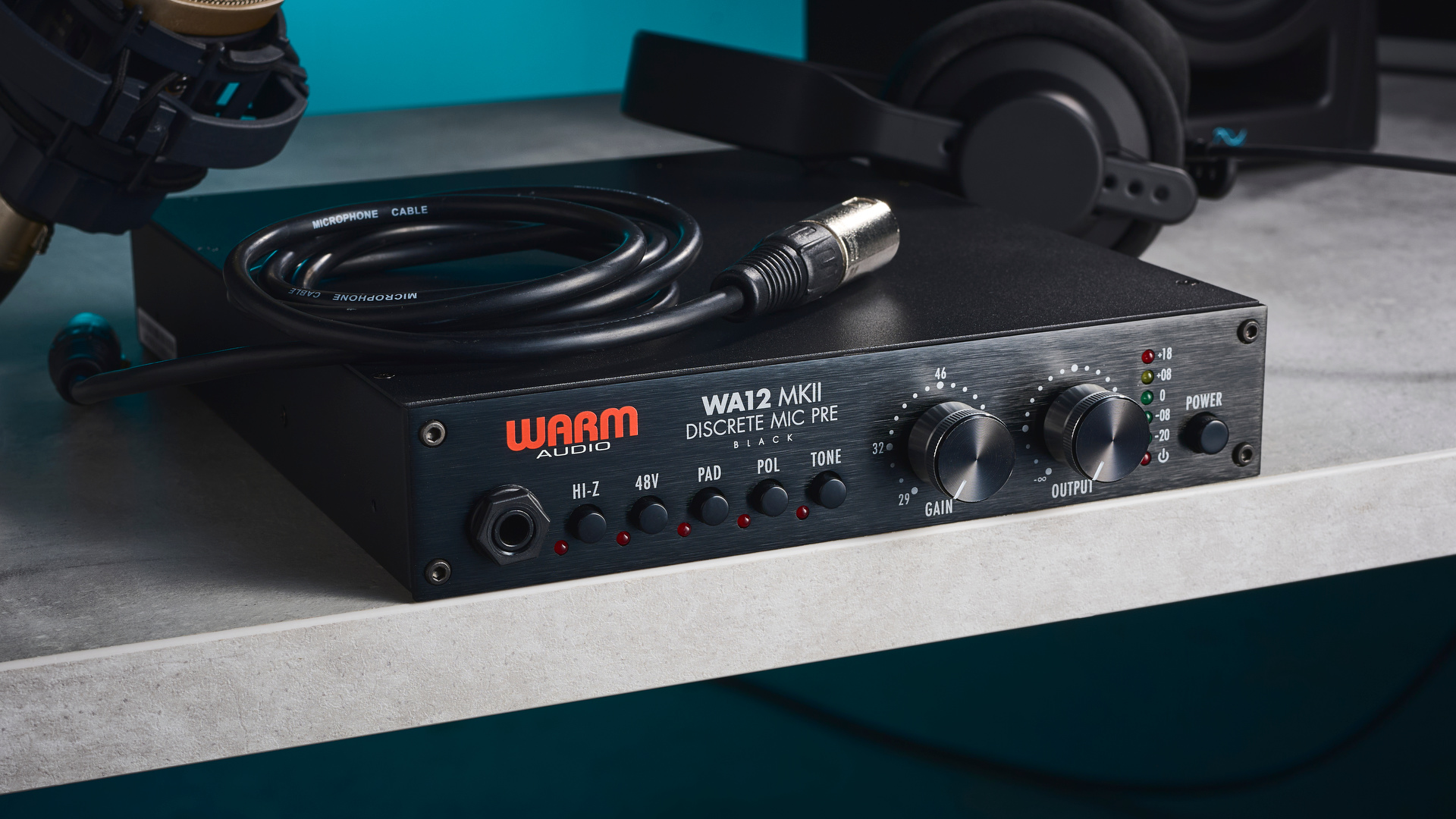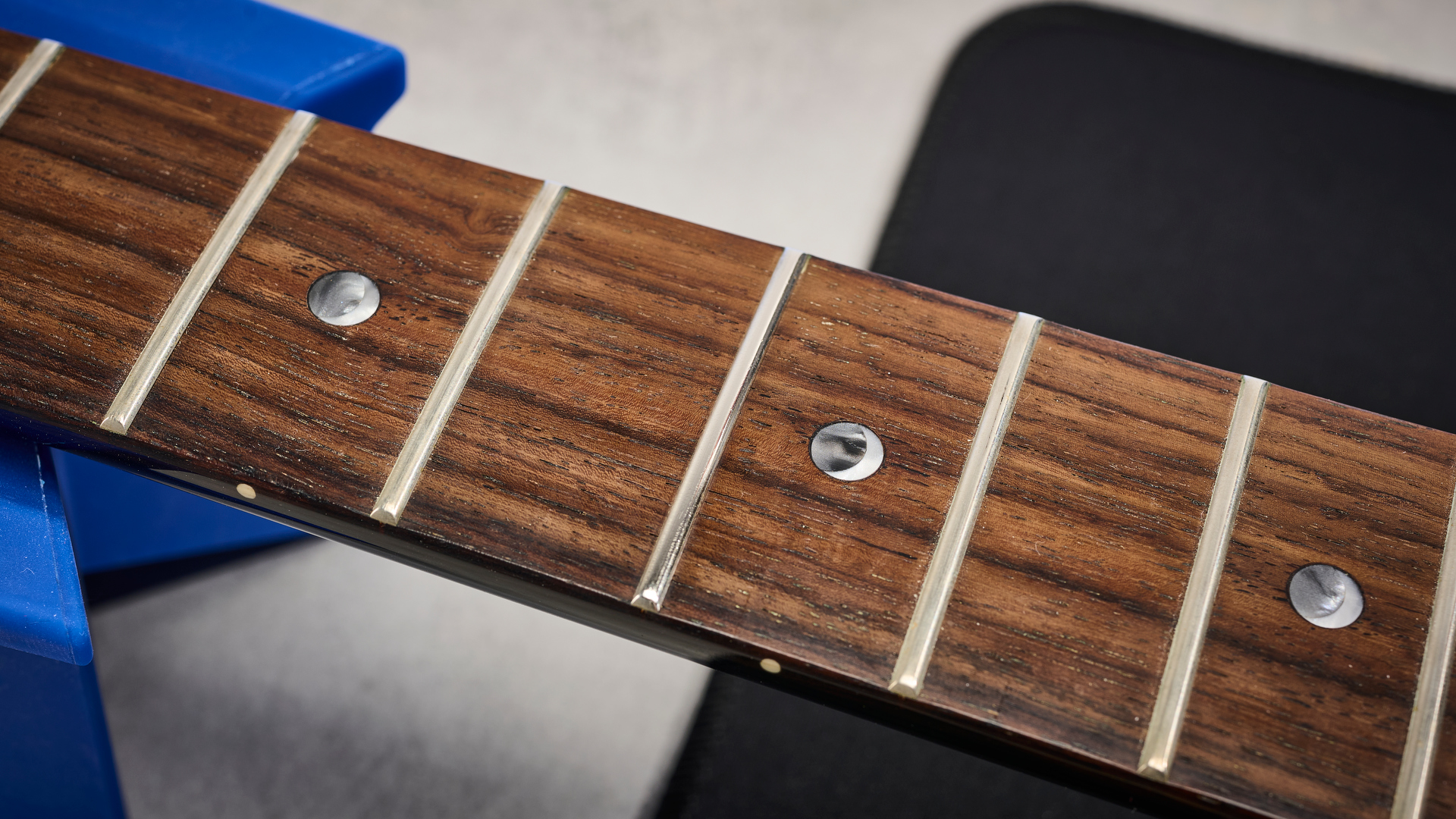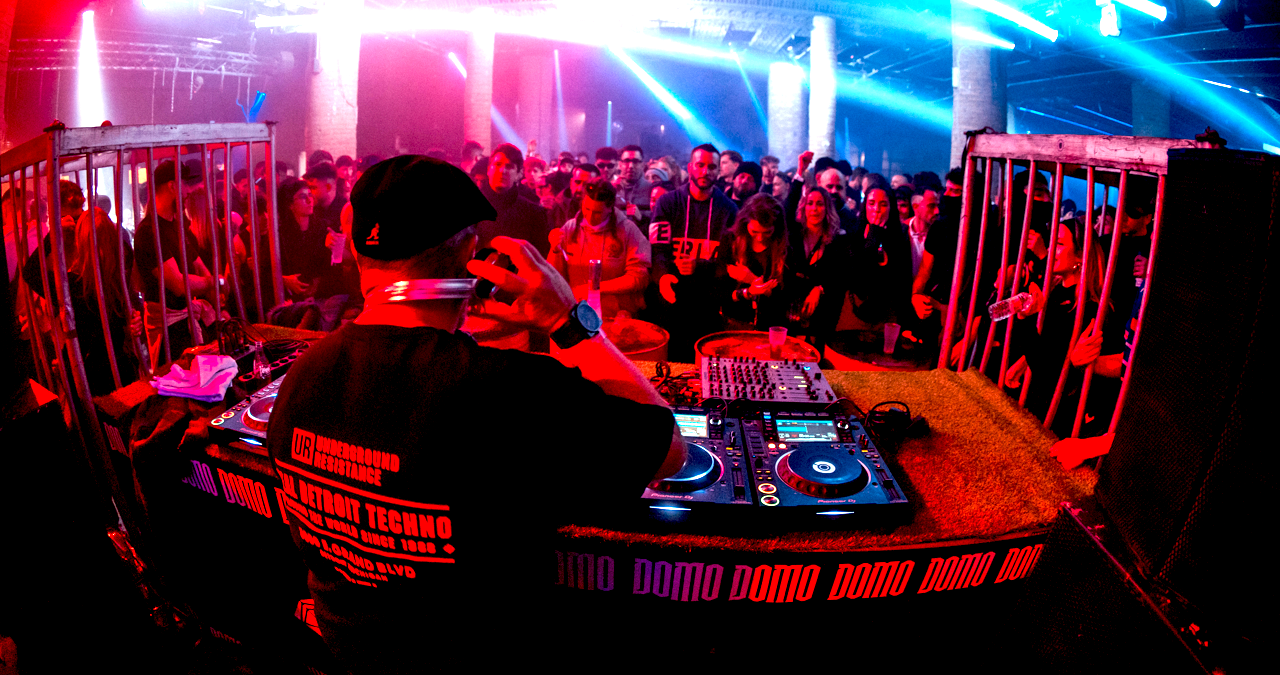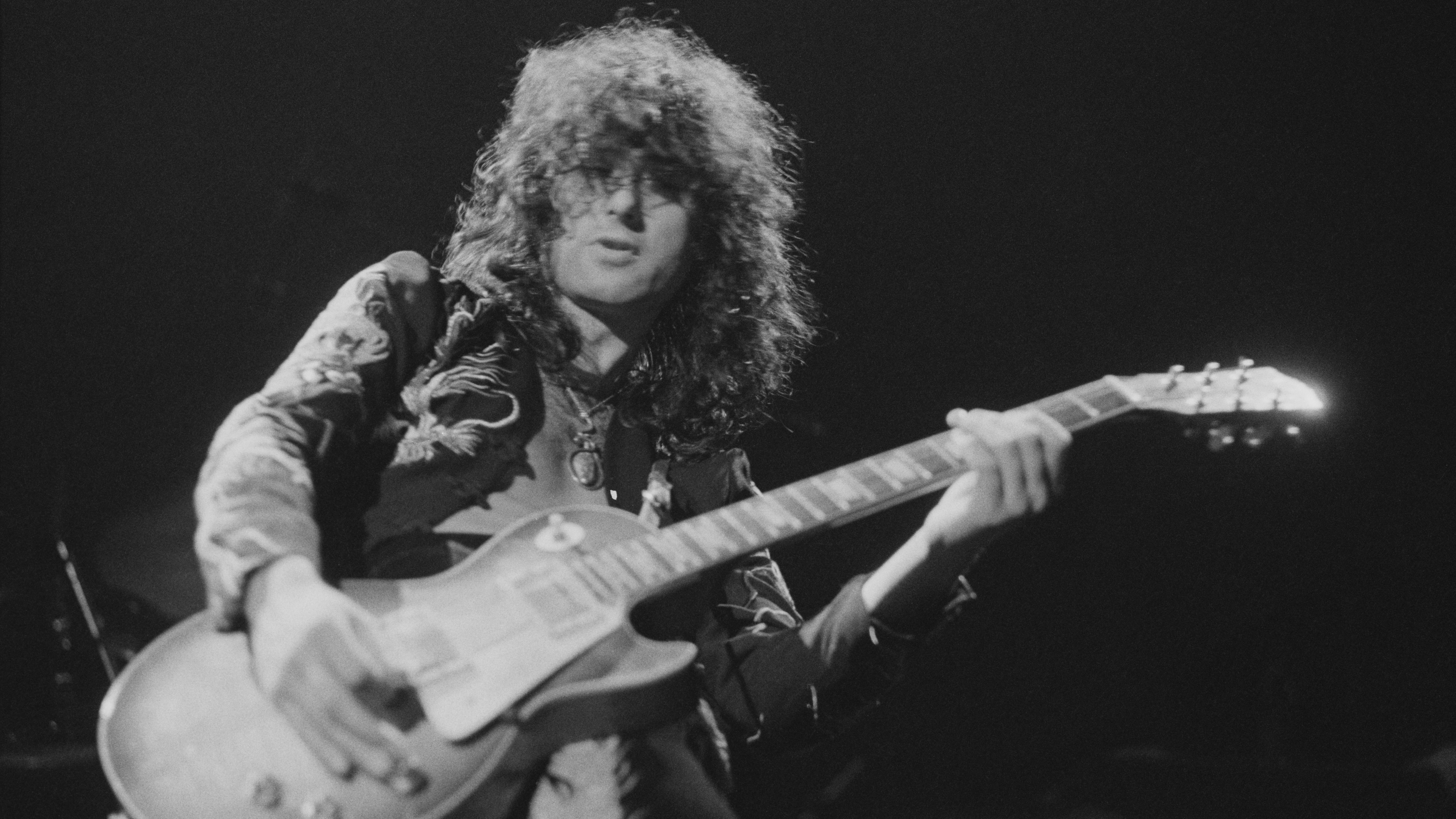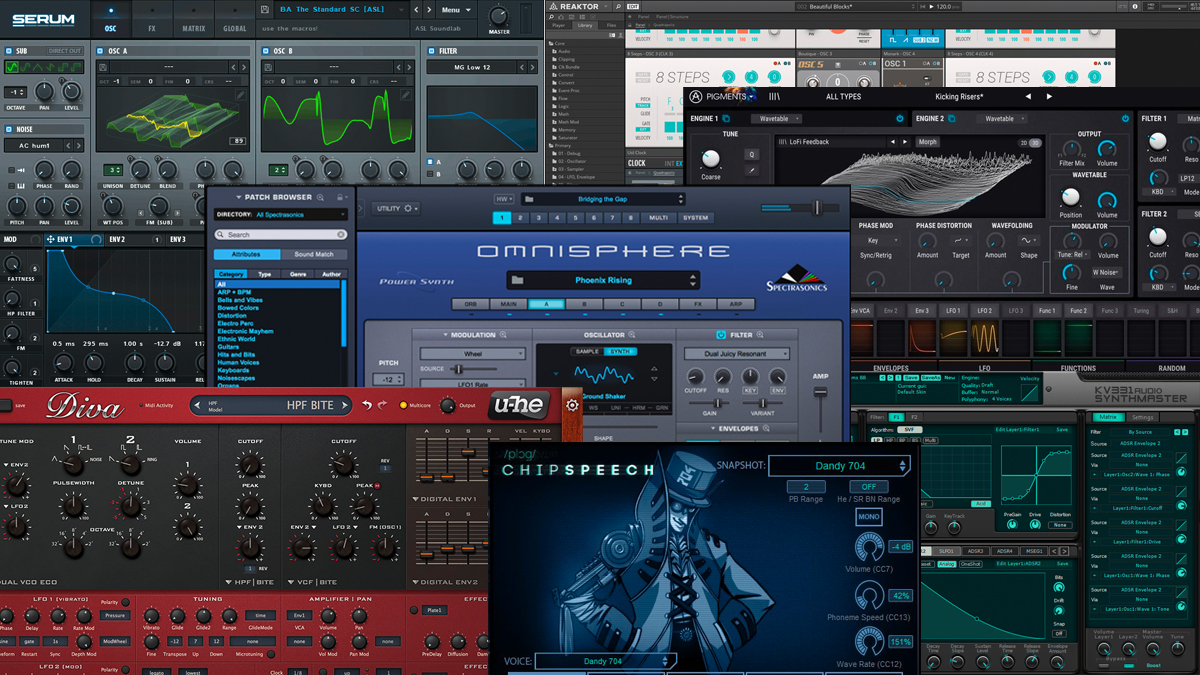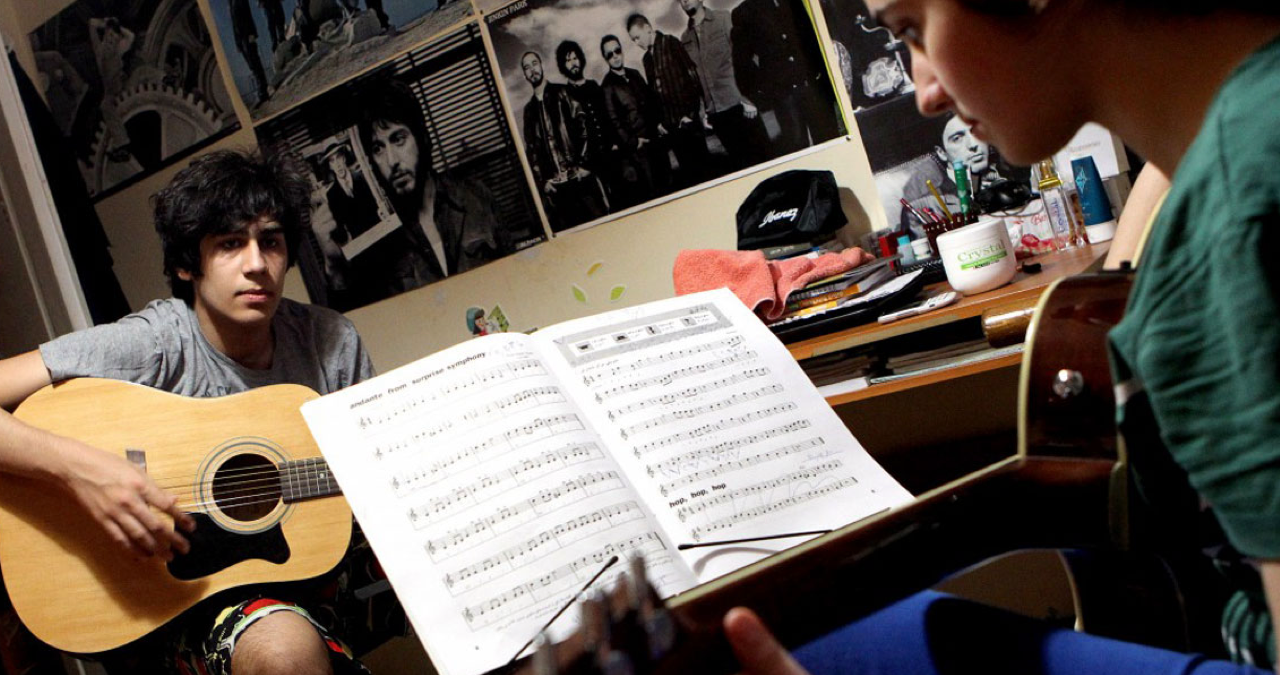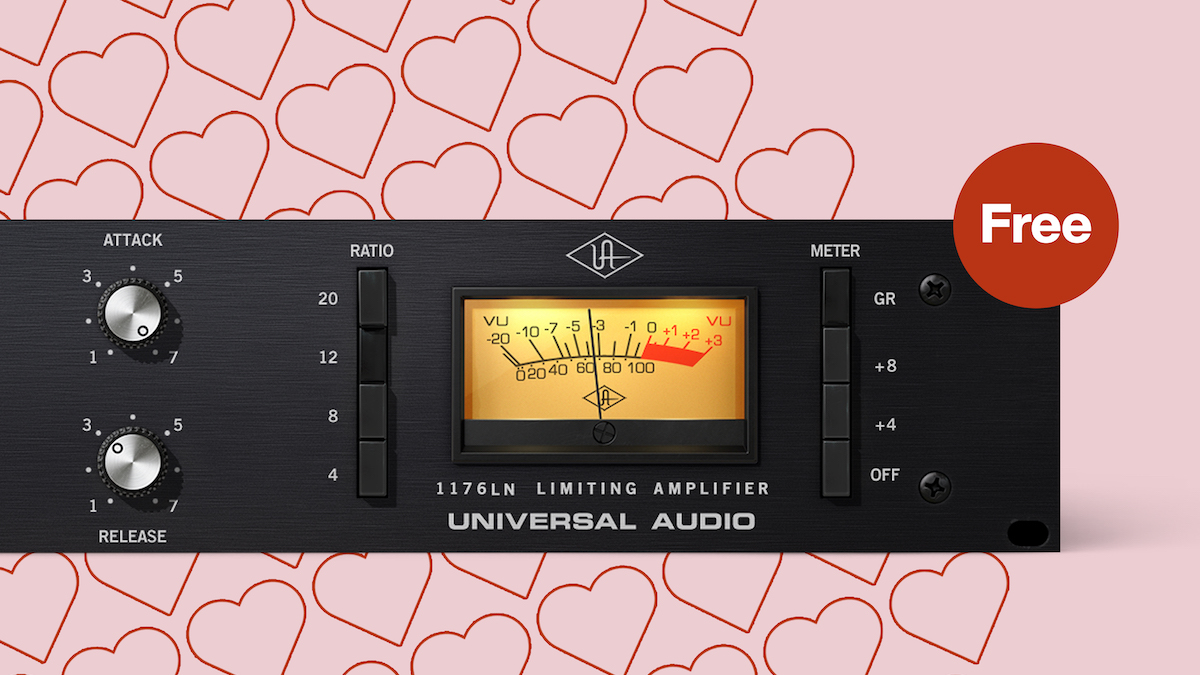
Alan White's dossier reads like a who's who of rock royalty. In addition to his celebrated work with the groundbreaking band Yes, the master drummer has played with icons such as John Lennon and George Harrison, among others. (Yup, that's him providing the massive beat on Instant Karma!)
"John Lennon came into a club, saw what I was doing and liked it. He invited me to play in the Plastic Ono Band, which put me on the map, as they say" Alan White
"I've been very blessed," White says. "There's many terrific drummers out there, always have been, but I was lucky enough to be playing the right thing in the right place at the right time. John Lennon came into a club, saw what I was doing and liked it. He invited me to play in the Plastic Ono Band, which put me on the map, as they say."
Place special emphasis on "playing the right thing," however. "Think about it," White says, "if John Lennon walked into that gig and saw me not at my best, he never would have called me. There are very simple and easy rules of playing that every drummer must know if they're going to go from point A to point B."
And so, without further ado, MusicRadar presents Alan White's dos and don'ts for drummers. While we can't guarantee you'll go on to play with legends and world-class bands such as Yes, you might find your next gig goes a whole lot better.
1. DON'T get drunk before a show
"A lot of musicians feel they have to overcome nerves and stage fright by tying one on before a gig," says White. "All that does is make for a messy performance - and club owners probably won't invite you back to play.
"I learned the hard way never to drink alcohol before a concert. Actually, [Yes bassist] Chris Squire drinks Red Bull before going on stage. I've tried it myself and it really gets you 'up' for a show. It doesn't make you play fast or anything. It helps keep you focused on what you're doing.
"After a concert, sure, I'll kick back and have a few beers. But that's only after the show is over and I can feel good about a job well done."
Get the MusicRadar Newsletter
Want all the hottest music and gear news, reviews, deals, features and more, direct to your inbox? Sign up here.

2. DO arrange your kit in a comfortable fashion
"No matter if you're playing a four-piece kit or if you have a wall of drums around you, you have to feel comfortable behind your set," says White.
"Arranging a drum kit is still one of the most misunderstood aspects of playing the instrument. A lot of it is trial-and-error, but the biggest thing I find drummers get wrong consistently is that they don't make their sets comfortable for them.
"Think about it: You might be playing a two or three-hour show. You might be practicing all day. If you don't feel right sitting behind your kit, and if you have your drums laid out in an awkward fashion, you're not going to play well - and you could develop all kinds of physical problems.
"I like to sit behind my drums as if I were driving a car. Arrange your seat comfortably, have your feet where they would go naturally, and assemble your drums around you like a dashboard almost, where you can get to everything easily. It's as simple as that. If you have to lean over and reach for a drum or cymbal, then something's wrong. Make the necessary adjustments."
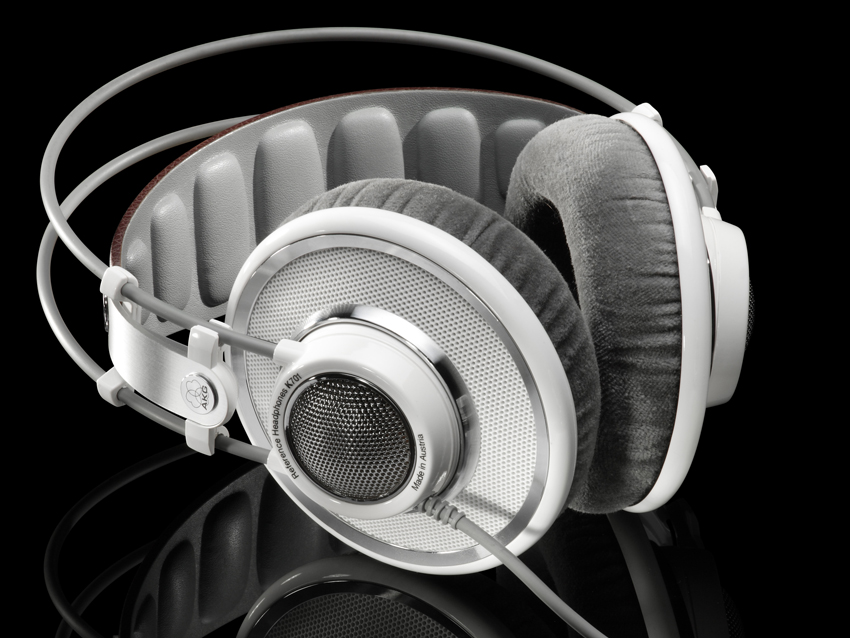
3. DO listen to the music
"If you're going to play well in a band, you have to listen to the music and be part of a team," says White.
"That means you have to really listen to the music and think about the song as a whole. Don't get too hung up on your fancy fills and what kind of flash moves you can impress everybody with. Chances are, the band is going to tell you to cool it, that you're overplaying.
"Remember, you're playing the drums, but more important, you're playing MUSIC. A drummer's prime responsibility is to keep the beat and drive the band and make the whole song sing. If you're not in tune with the song, you're going to wreck it - and the band might be looking for another drummer.
"One more thing: pay attention to the lyrics too. When we were cutting the Imagine album, John Lennon would always give me the words to each song. First off, that was a tremendous honor, but it also helped me immensely with my parts. I felt an emotional connection to what it was he was trying to achieve, and because of that, I didn't overplay."
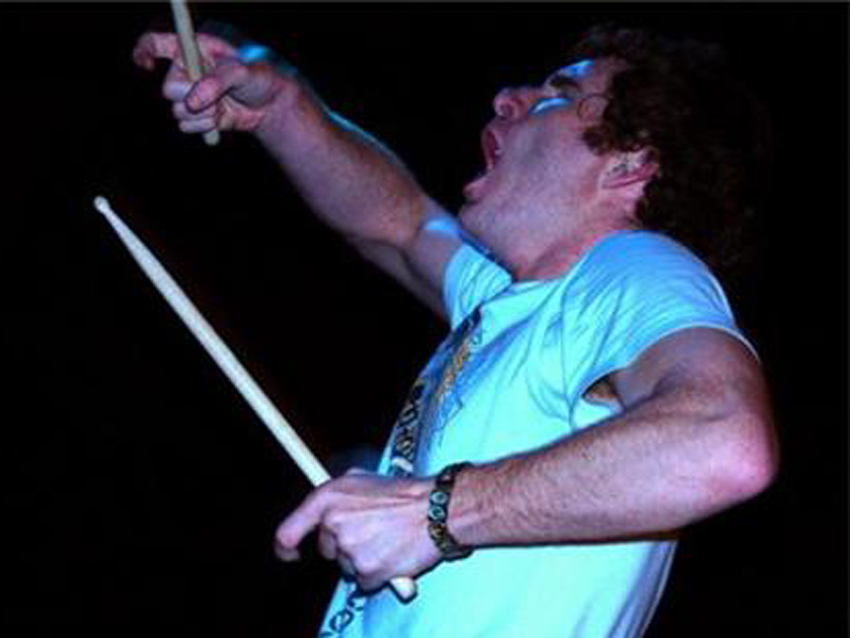
4. DON'T assume it's all about you
"This kind of goes hand-in-hand with my previous rule," says White, "but I really can't overemphasize the point that a drummer is an accompaniest. He's part of a team. Each member of the team has a specific task, and if you're out there going crazy and flailing about, my God, it's going to be a disaster.
"If you're playing a drum clinic or doing a solo, sure, then the spotlight is on you as a drummer. But those are probably the only occasions where you should go off and be a wild man. Even then, you still should have the good sense to play something musical and of value. Anybody can be a show-off; not everybody can be a musician.
"Bottom line: It isn't all about you. It's about the band, the music, the song. Remember that and you'll be fine."
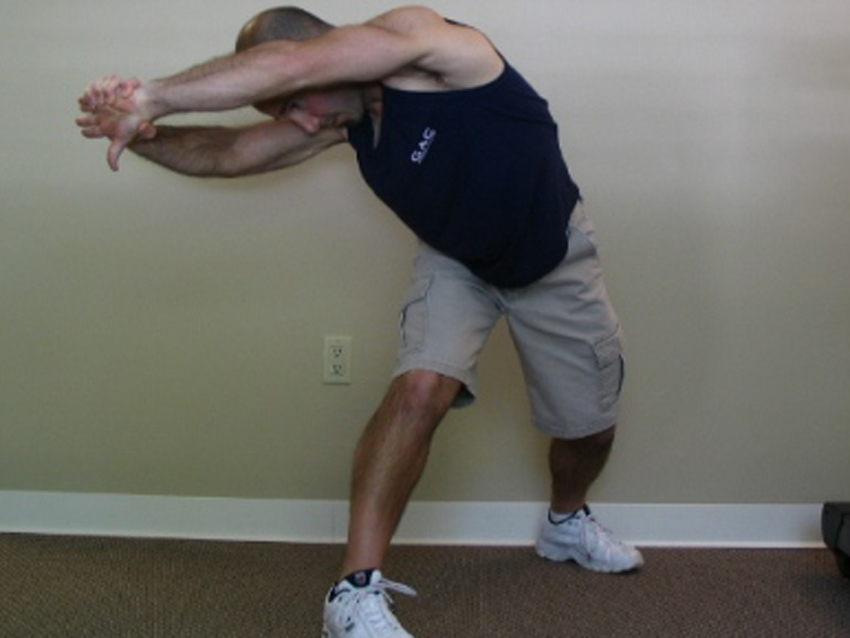
5. DO stretch out before a show
"I didn't always do this," says White," but over time I realized the value of a nice warm-up before practicing or before a show. Stretching your limbs is key to being relaxed and having all of your muscles and limbs working properly.
"I don't have any kind of set routine. I just try to prepare myself mentally and physically. I slowly do stretches, the back, the legs, the arms, my neck - just basic things, really, but they're all very important.
"If you go out there and try to play a three-hour show and you're all tense with your muscles all knotted up, you're going to tire out, you'll get sore and before you know it you'll be playing at half your ability. Plus, you're going to be a bundle of pain afterwards.
"So take some time, stretch out and feel nice and mellow before going on stage. You'll see, it works."
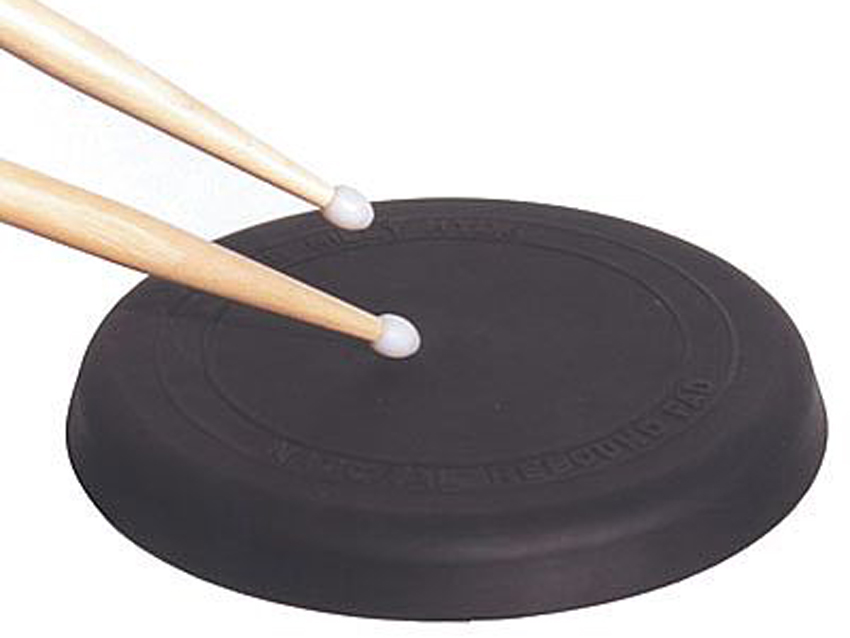
6. DO practice on a drum pad before a gig
"You can't go on stage cold and expect to do a good show," says White. "Before every gig, I usually take out my sticks and do about 20 minutes on a drum pad.
"Again, I don't have any kind of set routine. I just try to play the basic rudiments, make sure my rolls are smooth, I get my arms nice and loose. You've got to make sure your sticks are bouncing before a show. If you don't, you're going to go on stage and freeze up.
"Twenty minutes is all you need. You can just sit there and have a chat with your bandmates or whomever; in the meantime, you're playing and getting in the zone."
7. And finally...DON'T listen to the critics
"No offense to all the fine music journalists out there," says White with a laugh, "but if I had a dollar for every bad review Yes has gotten over the years, well, I'd have a lot more money than I already do.
"You have to play music to please yourself. If you do that honestly and can say at end of the day that you're happy with what you've accomplished, chances are the people are going to like it too. I've played so many shows and made so many records, and you read these reviews and you're like,'What the hell are these people talking about?'
"Tune it all out as best you can. You're a musician. Play music that you enjoy and the fans enjoy. That's all that matters. If you do that, then you can consider yourself very successful."
Joe is a freelance journalist who has, over the past few decades, interviewed hundreds of guitarists for Guitar World, Guitar Player, MusicRadar and Classic Rock. He is also a former editor of Guitar World, contributing writer for Guitar Aficionado and VP of A&R for Island Records. He’s an enthusiastic guitarist, but he’s nowhere near the likes of the people he interviews. Surprisingly, his skills are more suited to the drums. If you need a drummer for your Beatles tribute band, look him up.
“Tonight is for Clem and it’s for friendship. An amazing man and a friend of the lads”: Sex Pistols dedicate Sydney show to Clem Burke
“Almost a lifetime ago, a few Burnage lads got together and created something special. Something that time can’t out date”: Original Oasis drummer Tony McCarroll pens a wistful message out to his old bandmates

